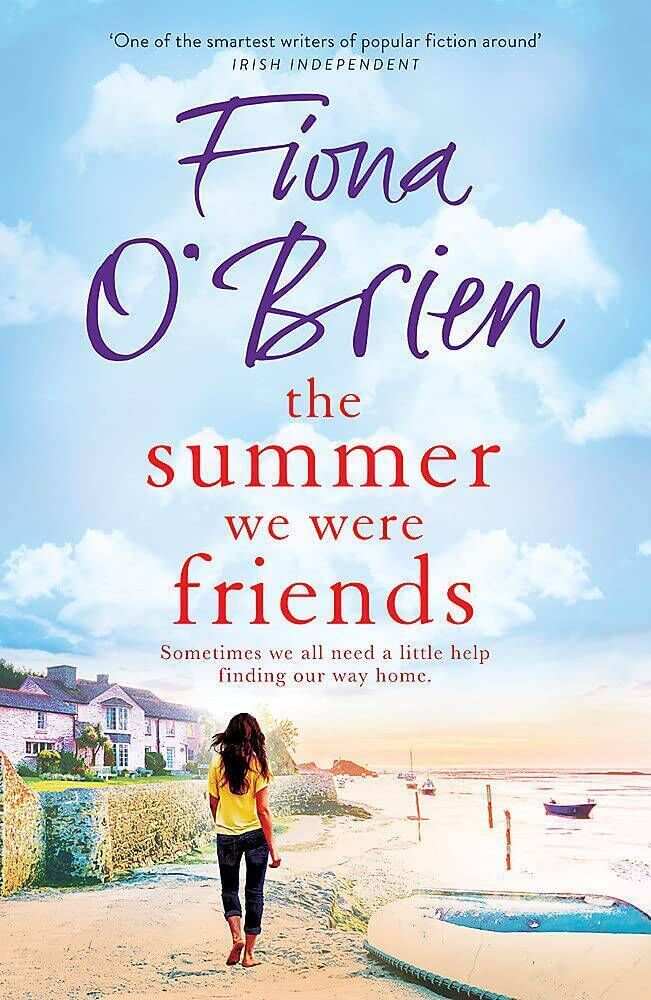Five gripping books to lose yourself in this summer

Sue Leonard finds plenty of immersive summer reading from five Irish authors
WRITERS had a dilemma during lockdown. What should they write about when they couldn’t imagine what post pandemic Ireland would be like? Would readers want lockdown stories in 2021? Would an escapist tale in the sun be more to their liking, or would they enjoy a more homely tale?





